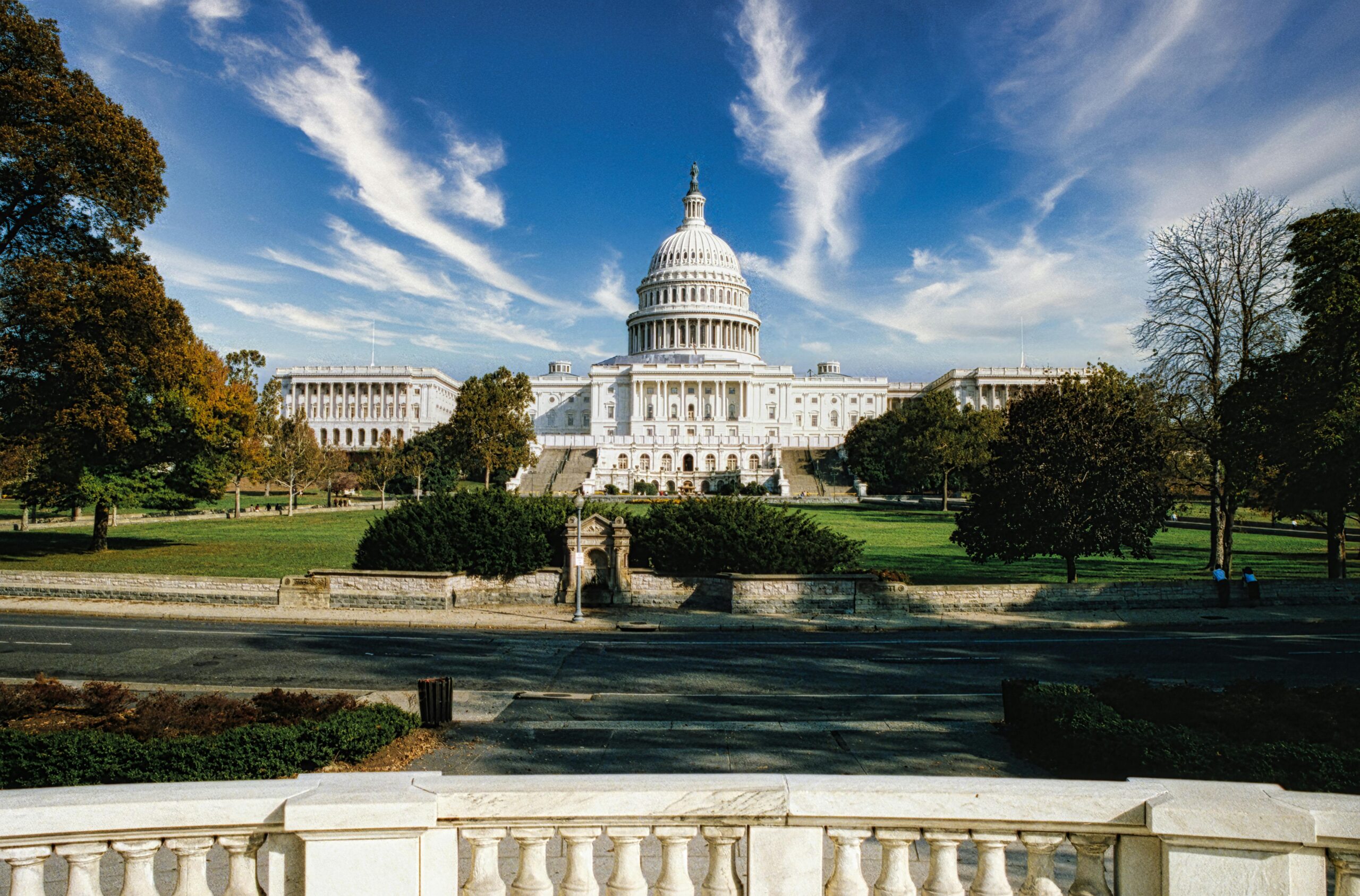In recent years, proposals to establish English as the nation’s official language have resurfaced with renewed vigor—most notably through initiatives linked to former President Trump and his allies. This debate is far from a new phenomenon in American politics; it touches on issues of national identity, legal interpretation, and social integration. However, as the current discourse intensifies, it has broadened to include perspectives that go beyond the traditional partisan divide.

Historical Background
The United States has long been a mosaic of languages and cultures. Although English has served as the de facto language since the country’s inception, formal efforts to designate it as the official language have been intermittent.
- State-Level Precedents: Over 30 states have already enacted laws making English the official language, largely as symbolic gestures rather than as measures with significant legal consequences.
- Immigrant Legacy: Throughout American history, waves of immigrants have enriched the cultural fabric of the nation, creating a linguistic diversity that has often clashed with calls for a singular national language.
Political Dynamics and Trump’s Involvement
The political resurgence of the “Official English” campaign has been largely fueled by populist rhetoric and debates over national identity.
- Political Mobilization: Former President Trump and his supporters argue that establishing English as the official language will foster national unity, improve governmental efficiency, and reinforce cultural cohesion.
- Divisive Rhetoric: Critics counter that such measures can marginalize non-English-speaking communities and serve as a tool for exclusionary politics. They warn that, in practice, official language laws could hinder the delivery of essential services and limit access to government resources.
- Electoral Implications: The issue has become a rallying cry in several battleground regions, where questions about national identity and the role of immigrants remain deeply divisive.
Legal Implications and Constitutional Debates
The proposal to designate English as the official language raises complex legal questions:
- Constitutional Concerns: Opponents argue that mandating an official language may conflict with the constitutional protections of free speech and equal treatment. They also point out that the U.S. Constitution does not prescribe a national language, leaving such decisions to state legislatures.
- Judicial Challenges: Past attempts to enforce similar policies have encountered legal pushback, with courts scrutinizing the potential for discriminatory practices and breaches of civil rights.
- Implementation Nuances: Legal experts emphasize that even if a federal or state law were enacted, the practical enforcement of such a policy would require careful consideration of exceptions, such as bilingual education programs and services for non-English speakers.

Social and Economic Impact
Beyond the political and legal arenas, the social and economic ramifications of declaring English the official language are significant:
- Impact on Immigrant Communities: Critics argue that enforcing an official language could alienate large segments of the population, particularly recent immigrants and their descendants, potentially undermining social cohesion.
- Educational Considerations: In schools and universities, debates persist over the balance between promoting English proficiency and preserving bilingual education. Advocates for bilingualism suggest that multilingualism can be an asset in a globalized economy.
- Workforce and Business: For businesses operating in an increasingly global market, the emphasis on English might simplify internal communications but also risk sidelining employees who are more proficient in other languages. Moreover, industries that rely on international talent may face challenges if language requirements are enforced too rigidly.
International Perspectives
Looking beyond American borders can provide additional insight into the debate:
- Multilingual Nations: Countries such as Canada, Switzerland, and India manage multiple official languages with systems designed to accommodate regional diversity. These examples illustrate that a multilingual framework can function effectively when coupled with strong policies aimed at inclusion.
- Comparative Analysis: While some nations have embraced a single national language for symbolic unity, many have recognized that linguistic diversity can coexist with national identity. This international context challenges the assumption that a singular language policy is the most effective path to social unity.
Overlooked Dimensions and Future Directions
While much of the public debate focuses on the symbolic versus practical benefits of official language laws, several critical dimensions often receive less attention:
- Technological Integration: In an era where digital communication plays a pivotal role, the implications of language policy extend to how government services are accessed online. Ensuring that digital platforms remain accessible in multiple languages is a challenge that policymakers must confront.
- Cultural Expression and Identity: Language is a cornerstone of cultural identity. Policies that promote one language over others may inadvertently suppress cultural expression, impacting literature, media, and the arts.
- Economic Research and Data: Comprehensive studies examining the economic impact of language policies are sparse. Future research could provide valuable insights into how such policies might influence workforce participation, productivity, and overall economic growth.

Frequently Asked Questions
Q1: What does “Official English” mean?
A: “Official English” refers to a policy whereby English is designated as the nation’s primary language for government operations, public education, and official communications. This is largely a symbolic measure that does not necessarily restrict the use of other languages in private or community contexts.
Q2: What are the main arguments in favor of making English the official language?
A: Proponents argue that it promotes national unity, streamlines government services, and reflects the country’s historical and cultural heritage. They claim that a common language can reduce misunderstandings and improve civic integration.
Q3: What are the concerns or criticisms regarding such policies?
A: Critics contend that official language laws may marginalize non-English speakers, limit access to essential services, and potentially conflict with constitutional rights. There is also concern that such policies can serve as a pretext for broader exclusionary practices against immigrant communities.
Q4: How have other countries handled language diversity compared to the U.S.?
A: Many countries successfully manage multiple official languages. For example, Canada and Switzerland have policies that respect linguistic diversity while ensuring government operations remain efficient. These models demonstrate that inclusion and practicality can coexist without sacrificing national unity.
Q5: What might be the legal challenges if an official English law were enacted?
A: Legal challenges could arise from constitutional grounds, particularly regarding equal protection and free speech. Additionally, courts may scrutinize the practical implications of enforcing such laws, especially if they appear to limit access to public services for non-English speakers.
Q6: What are the potential economic impacts of implementing an official English policy?
A: While a unified language policy might streamline some aspects of business communication, it could also restrict the participation of non-native speakers in the workforce. This may affect productivity and hinder the benefits of a diverse, globalized economy.
Conclusion
The debate over establishing English as the official language in the United States encapsulates broader themes of identity, inclusion, and the balance between tradition and modernity. While the proposals associated with former President Trump have reignited a long-standing discussion, a comprehensive analysis reveals that the issue is multifaceted—touching on legal, social, economic, and cultural dimensions. As America continues to evolve in an increasingly interconnected world, policymakers and citizens alike must weigh these factors carefully, ensuring that any language policy reflects both the nation’s heritage and its commitment to diversity and inclusion.
Sources The New York Times


